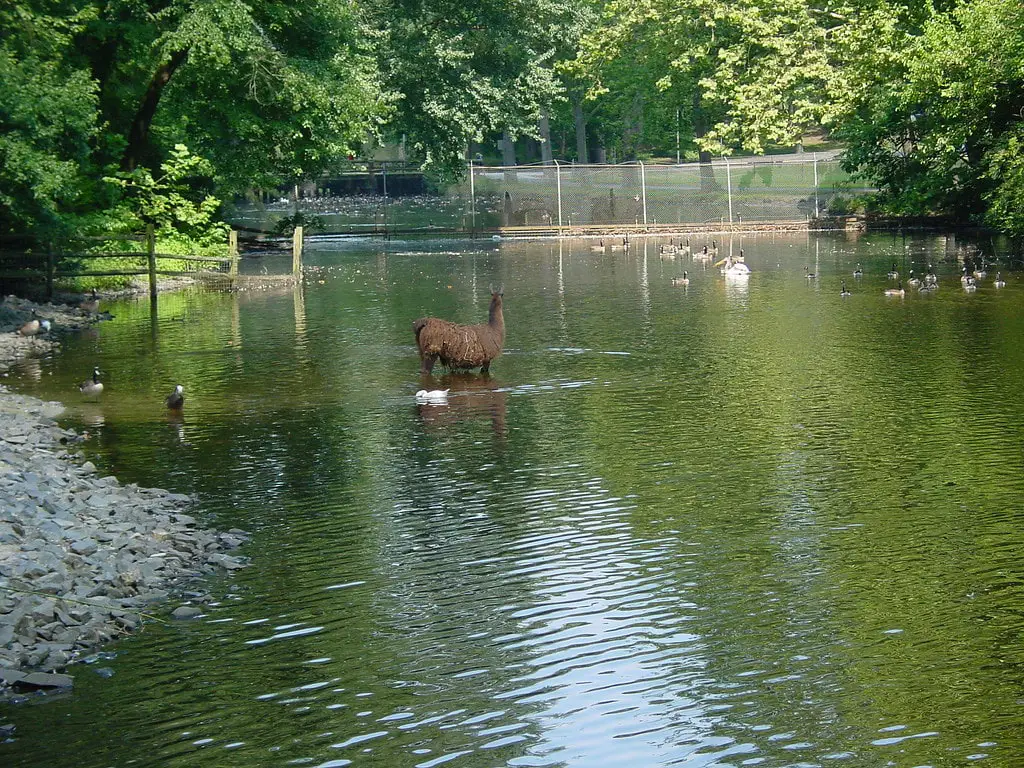The Origin and Evolution of Salisbury Zoo
In the heart of Salisbury, Maryland, a city known for its rich history and vibrant community, lies a remarkable institution that has been a cornerstone of the community for nearly seven decades.
The Salisbury Zoological Park, fondly referred to as the Salisbury Zoo, may only span 12 acres. Still, its impact on the community and the broader field of animal conservation is immeasurable.
The Salisbury Zoo was established in 1954, marking the beginning of an enduring legacy. In its initial years, the zoo started with a humble assortment of animals showcased in the city park. Yet, it was clear that the zoo was on a trajectory toward more significant achievements. The 1970s emerged as a pivotal era in the zoo’s chronicle.
Improvements were made to provide more naturalistic enclosures for the animals, reflecting a shift in the zoo’s philosophy towards a more ethical and respectful approach to animal care. This pivotal moment set the stage for the zoo’s future endeavors in conservation and education.
The Diverse Inhabitants of Salisbury Zoo: A Closer Look
The Salisbury Zoo has a diverse collection of animals, primarily from North and South America and Australia. This includes a variety of species, each with unique characteristics and fascinating behaviors.
The zoo houses wallabies, a marsupial native to Australia, known for their powerful hind legs and distinctive hopping locomotion. Flamingos are another highlight, with their striking pink plumage and peculiar feeding habits.
Sp playful and agile creatures, North American river otters are a favorite among visitors, as are the elusive ocelots and the endangered red wolves. Two-toed sloths, alpacas, turtles, and macaws add to the zoo’s diverse collection, along with rescued birds of prey and owls.
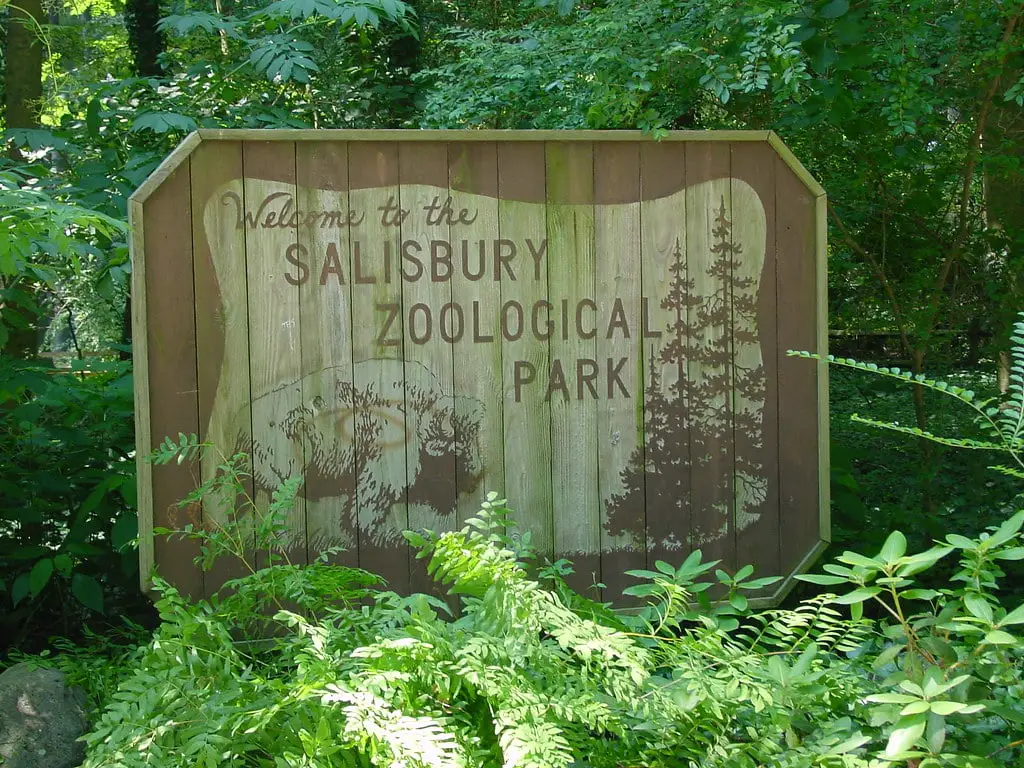
However, the true stars of the Salisbury Zoo are the Andean spectacled bears. The zoo has a rich history with these bears, particularly with Poopsie, one of the longest-lived captive-bred spectacled bears in the world.
Poopsie, born on December 27, 1973, at the Baltimore Zoo, made her journey to the Salisbury Zoo at the tender age of just seven months. She lived a remarkable life, outliving her two litters of cubs and reaching the ripe old age of 37, a feat rarely seen in the wild.
Another notable bear was Gritto, who became the oldest Andean bear to father a cub at 22. His daughter, Alba, was born on January 23, 2015. Gritto lived until he was 24, passing away after suffering a stroke.
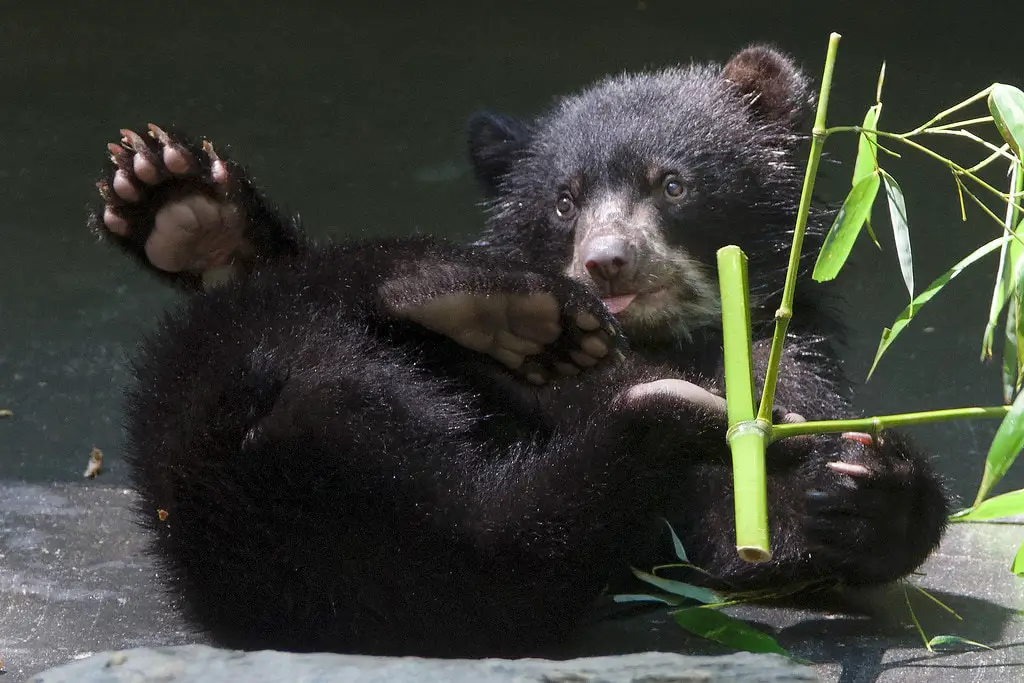
Conservation and Education: The Dual Mission of Salisbury Zoo
The Salisbury Zoo has always been more than just a place to see animals. It’s a hub for conservation efforts and education.
The zoo has raised nearly $3 million for an animal health clinic, an Environmental Center, and a new exhibit of Australian animals. These initiatives are a testament to the zoo’s commitment to animal welfare and conservation.
USA Quiz
How many questions would you like?
Education is another cornerstone of the Salisbury Zoo’s mission. The zoo educates visitors about wildlife, conservation, and the importance of preserving our natural world through various programs.
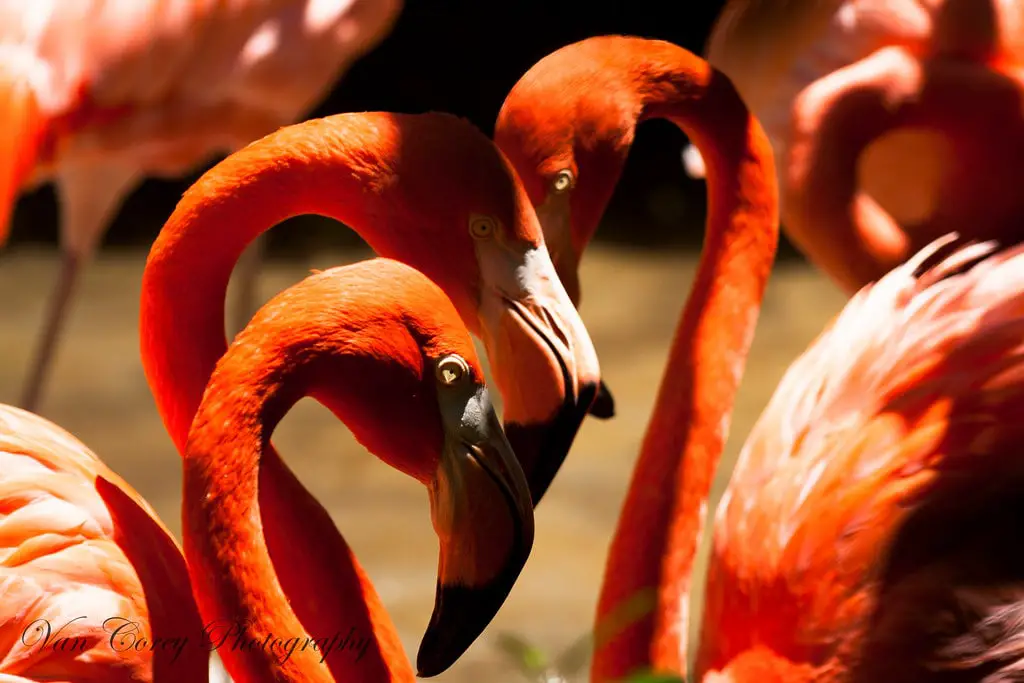
Recent Developments and Looking Ahead
The Salisbury Zoo continues to evolve and grow. The most recent additions to the zoo family are two bear cubs, Inti and Raymi, born on January 16, 2022. Their father, Pinocchio, is a bear from Ecuador, adding a new lineage to the zoo’s bear family.
The zoo also hosts various events throughout the year, engaging the community and providing fun, educational experiences for visitors of all ages.
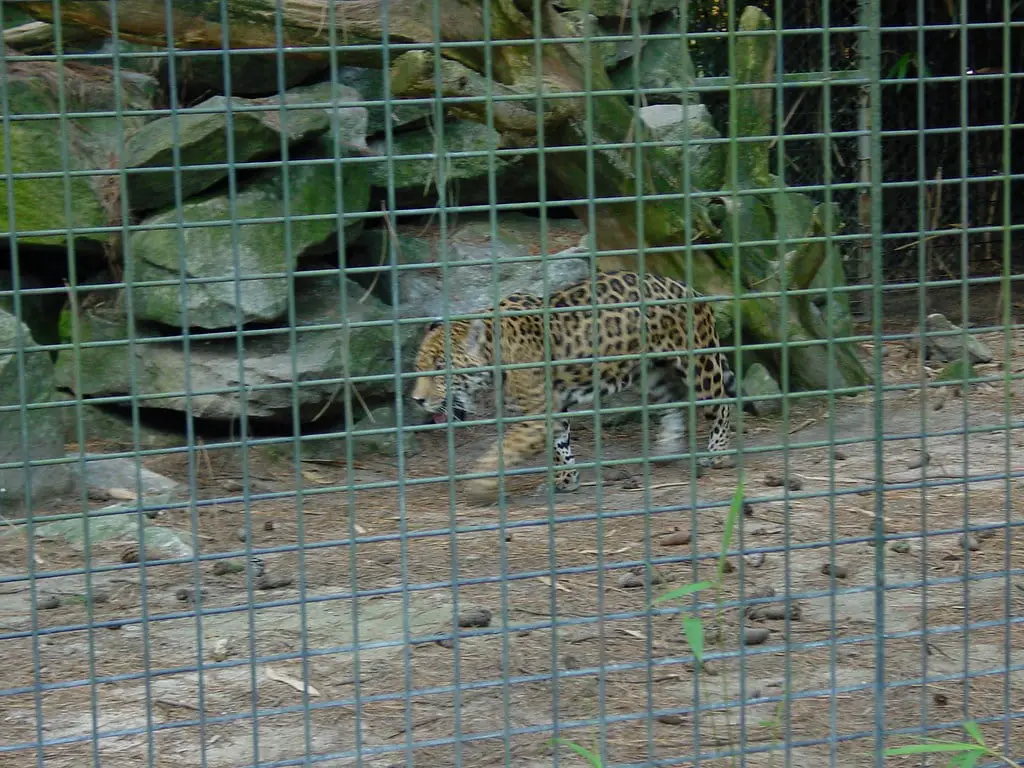
In Conclusion
The Salisbury Zoo is more than just a zoo. It’s a testament to the city’s commitment to conservation, education, and community engagement.
It’s a place where memories are made, children learn about the natural world, and everyone can appreciate the beauty and diversity of our planet’s wildlife.
As we look back on the zoo’s history and look forward to its future, we can’t help but feel a sense of pride and gratitude. The Salisbury Zoo is a treasure, a place that has touched countless lives and will continue to do so for generations to come.
